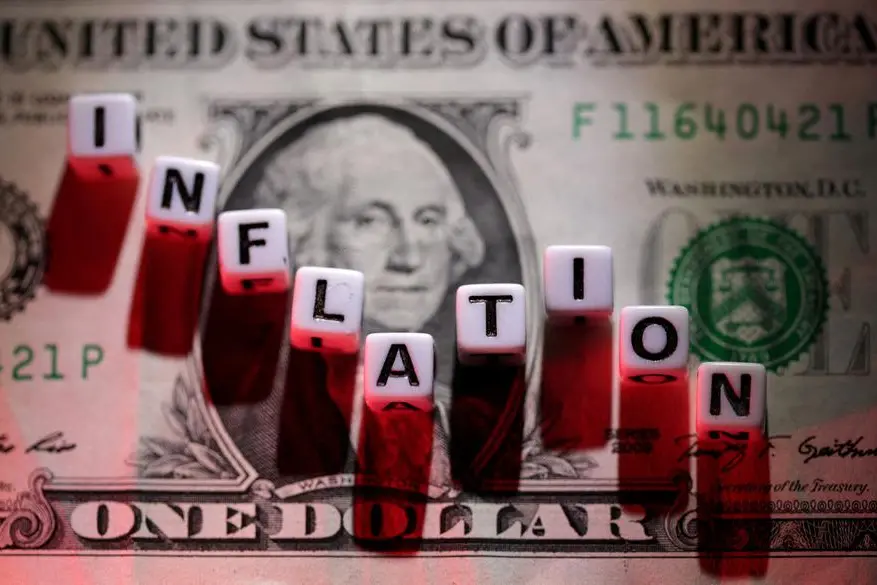PHOTO
NEW YORK - Some investors are growing concerned that the U.S. economy may not be cooling fast enough to justify bets that the Federal Reserve will cut interest rates this year, threatening a view that has helped boost stocks.
Expectations of rate cuts in the second half of the year have helped a rally that has lifted the S&P 500 7% year-to-date and 15% from its October lows. Those bets, however, have run counter to the central bank's own stance, which has been to keep rates at around current levels until year-end.
Some investors worry recent data - including Wednesday's U.S. consumer price report and last week's employment numbers - offer little evidence to support the case for interest rate cuts, potentially endangering a rally that has driven up stock valuations.
"Valuations are a little bit high for the S&P 500, probably based on hopes that rates will moderate between now and year end," said Peter Tuz, president of Chase Investment Counsel in Charlottesville, Virginia. "Those hopes might not come to fruition, suggesting the market has some downside potential later in the year."
The U.S. consumer price index rose 4.9% in the 12 months through April, cooling slightly faster than economists had expected. Yet it remained far above the Fed's 2% target, possibly undermining the view that the central bank will cut rates this year unless the economy is hit by a sudden slowdown or other type of shock.
The S&P 500 was last little changed, after index futures initially rose following the CPI report. Benchmark U.S. Treasury yields fell, with the yield on the 10-year Treasury last at 3.45%.
Bets in futures markets tied to the Fed's policy rate on Wednesday showed investors continuing to price cuts in the second half of the year, leaving the fed funds rate at 4.33% in December, according to Refinitiv data, compared to its current target rate of 5% to 5.25%.
"We believe the Fed will remain on hold for longer than markets are pricing," Alexandra Wilson-Elizondo, co-head of portfolio management for Multi Asset Solutions at Goldman Sachs Asset Management, said in emailed comments. "Central bank's reaction function has been, and likely will remain, more hawkish than markets are expecting."
Continued Fed hawkishness could be problematic for stock prices. The S&P 500 has a forward price-to-earnings ratio of 18 times, well above the 15.6 times historic average, according to Refinitiv Datastream.
And current valuations may be incorporating overly rosy expectations for earnings, should the Fed's rate hikes eventually cause a recession this year as many investors expect.
S&P 500 earnings are expected to rise 1.5% this year, according to Refinitiv IBES data. During recessions, however, earnings tumble at a 24% annual rate on average, according to Ned Davis Research.
Other risks also loom, including a debt-ceiling standoff in Washington that is raising investors' concerns about a potential U.S. default.
"The market is enjoying this window where we potentially are getting the Fed pivot," said Matthew Miskin, co-chief investment strategist at John Hancock Investment Management. "To us, risk assets aren't pricing in other issues that could certainly develop as the year goes on."
Miskin is moderately underweight stocks compared to bonds, and within equities favors quality areas like technology and defensive groups such as healthcare.
Still, many investors were encouraged by Wednesday's CPI data, after inflation concerns battered asset prices over the past year.
The data "all but confirm" expectations that the Fed will pause rate hikes next month, and "as inflation and the economy slows further in the coming months, the Fed could justify an outright cut in rates," Jeffrey Roach, chief economist for LPL Financial, said in emailed comments.
"Risk assets will likely become more attractive as investors digest this latest inflation report."
(Reporting by Lewis Krauskopf; Editing by Ira Iosebashvili and Richard Chang)





















